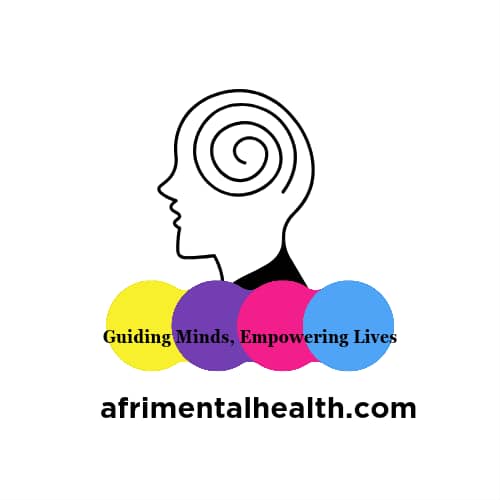
To determine if you have depression or what type of depression you have, your mental health practitioner will use:
- Psychiatric evaluation: Your doctor will ask about your symptoms, thoughts, feelings, and behavior patterns. You may be asked to fill out a questionnaire to help answer these questions.
- Lab tests: The mental health practitioner may do a blood test called a called a complete blood count or test your thyroid to make sure its functioning properly.
- Physical exam: You doctor may do a physical exam and ask questions about your health. In some cases, depression may be linked to an underlying physical condition.
- DSM-5: Your doctor may use the criteria for depression listed in the DSM-5 published by the American Psychiatric Association.
TREATMENT OPTIONS FOR DEPRESSION INCLUDE:
Psychotherapy: This is when your therapist helps you to identify and change unhealthy emotions. Psychotherapy is also known as talk therapy. The types of therapy that can be used include cognitive behavior therapy or interpersonal therapy.
Hospital and residential treatment: In certain cases, depression might be severe that it requires hospitalization. This usually happens when you are suicidal or you in in danger of harming the next person. There are programs at the hospital that may help you and they include outpatient support and counselling.
Mind-body connections: Integrative medicine practitioner believe the mind and body must be in harmony for you to stay health. The mind body techniques include acupuncture, meditation, spirituality, massage therapy and aerobic exercises.
Brain stimulation therapy: This can help people who have severe depression or depression of psychosis. the types of brain stimulation are electroconvulsive therapy, transcranial magnetic stimulation, and vagus nerve stimulation.
LIFESTYLE AND HOME REMEDIES
- Avoid alcohol and recreational drugs
- write your feelings down’
- don’t be isolated
- learn ways to relax and manage your stress
- cutback on obligations and set reasonable goals for yourself’
- get a regular exercise and eating a healthy diet
- spend time around your loved ones
